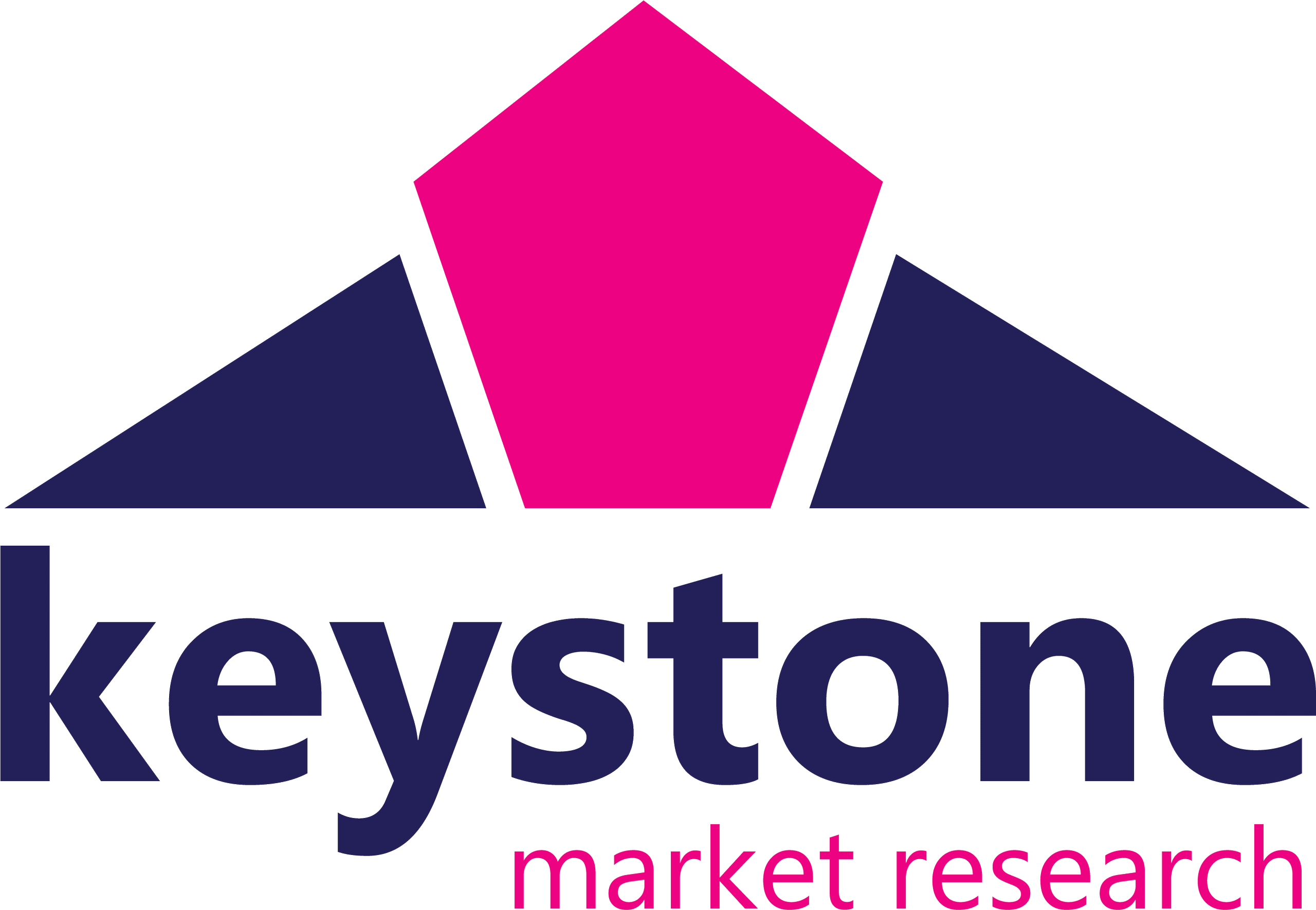The Importance of Independence in Market Research
Commissioning a piece of research is how a business moves from ‘we think’ to ‘we know’. It offers an objective viewpoint of the market in which you operate, without any doubt or speculation. The right research can guide business decisions and help companies avoid making mistakes. However, to be genuinely useful, the research needs to be independent.
What does it mean to be independent?
For a piece of research to be conducted independently, it should be carried out by someone with no vested interest in the results. Whether it’s a customer satisfaction survey, employee interviews or a wider market research project, it is better to employ a third party to conduct the interviews and collate the results, and here’s why.
If you or a member of your team carries out the research yourself, you may unknowingly (or perhaps knowingly – we all like positive feedback, right?!) ask leading questions, use a tone of voice that primes the respondent to answer in a certain way, or see the results you want to see on completion (phenomena known as motivated reasoning or confirmation bias in psychology).
Even if you manage to complete and analyse the whole project with absolutely no bias, your results may still be skewed because your customers, employees or prospects won’t feel they can be as open and honest with you as they would with an independent third party.
Don’t muddy the waters
But it’s not just employees that shouldn’t be conducting your research if you want it to be truly independent and therefore valuable. There could be research firms that muddy the waters too. They might be a division or sister company of your marketing agency for example. Or they could be in the same group of businesses as you. Perhaps they are owned by or have a strong association with one of your competitors, or maybe a good friend or relative owns their own research business. Put simply, whenever there is an ongoing relationship or a vested interest in the results, accuracy is brought into question.
Whether the potential impact on your research is positive or negative, an impact either way could be detrimental. Even if the research is conducted in a completely unbiased way, it becomes less valuable because when you come to publish the results or use them in your marketing, your audience may still be untrusting if there is any doubt over the independence of your research partner.
Why is independence so important in research?
Producing a market report or bespoke project can involve handling extremely commercially sensitive data. Trusting your research partner is therefore paramount. Respondents need to be certain that the information they share will be treated with confidentiality. And of course, if a company commissions a research project, they need to be sure that any sensitive data collected on their behalf is handled responsibly and won’t be distributed outside of their organisation.
Also, if you’re going to invest in market research, whether a large industry study, a report on your position in the market, employee wellbeing, or a customer satisfaction survey, you want it to be accurate and useful. But to achieve accuracy, you need to make sure the research team conducting the study is not bringing any bias or their own viewpoint into the equation. You need the results to reflect what is happening, not what someone would like to be happening.
Value for money
So, to get the most value from your market research, an independent market research company is best. That means no ties, no crossovers in the working relationship, and no biases that could affect the outcome, or how your customers, prospects, peers, and competitors view the results.
If you would like to use an experienced team that is reassuringly independent for your research requirements, Keystone would love to hear from you.








